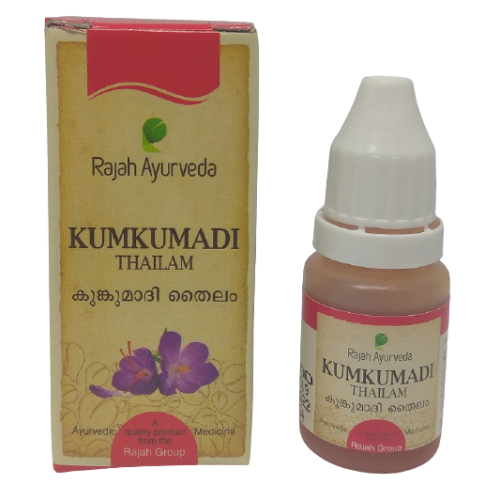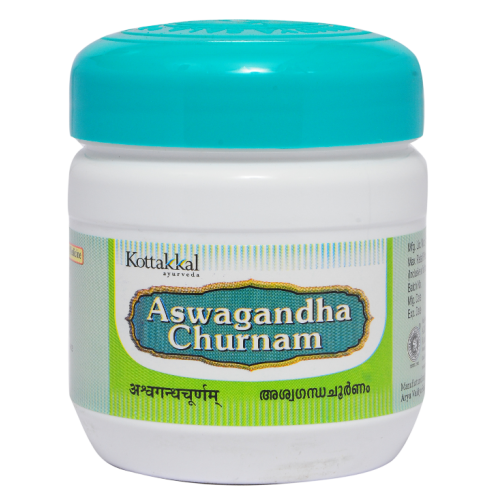Chronic pain can have a profound impact on our physical, emotional, and mental well-being. While modern medicine offers various treatments, Ayurveda, the ancient holistic healing system, presents a unique approach to chronic pain management. In this blog post, we’ll delve into the Ayurvedic lifestyle practices that emphasize maintaining a regular routine, managing stress, practicing mindfulness, and ensuring proper sleep to alleviate chronic pain.
The Holistic Approach of Ayurveda
Ayurveda views chronic pain as a result of imbalances within the body’s doshas—Vata, Pitta, and Kapha. These doshas govern different physiological functions and can become aggravated due to various factors, leading to pain and discomfort. Rather than merely addressing the symptoms, Ayurveda seeks to identify the root causes of pain and restore balance through lifestyle adjustments.
Maintaining a Regular Routine (Dinacharya)
Ayurveda places great importance on a consistent daily routine, or “Dinacharya,” which helps to establish harmony within the body’s natural rhythms. A well-structured routine regulates digestion, sleep, and overall bodily functions. This consistency can have a positive impact on chronic pain management by reducing stress on the body.
Tips:
- Wake up early in the morning, ideally during the Vata time of day (before 6 AM).
- Follow a structured routine that includes regular meal times, exercise, meditation, and relaxation.
- Avoid erratic sleep patterns and late nights, as these can exacerbate pain and disrupt the body’s balance.
Managing Stress through Ayurveda
Stress is often a significant contributor to chronic pain. Ayurveda emphasizes techniques to manage stress and promote emotional well-being.
Practices:
- Pranayama: Breathing exercises like Nadi Shodhana (alternate nostril breathing) can calm the mind and balance the doshas.
- Meditation: Regular meditation helps in reducing stress and promoting relaxation.
- Abhyanga: Self-massage with warm oil relaxes muscles and soothes the nervous system.
- Herbal Support: Adaptogenic herbs like Ashwagandha and Brahmi can help manage stress.
Practicing Mindfulness and Pain Management
Mindfulness involves being present in the moment without judgment. It can be a powerful tool in managing chronic pain, as it changes the way we perceive and react to discomfort.
Mindfulness Techniques:
- Body Scan: Scan your body mentally, observing areas of pain without judgment.
- Focused Breathing: Concentrate on your breath to divert attention from pain.
- Mindful Movement: Practices like yoga and Tai Chi enhance body awareness and reduce pain perception.

Prioritizing Proper Sleep (Nidra)
Quality sleep is crucial for pain management and overall well-being. Ayurveda offers insights into optimizing sleep for better health.
Sleep Hygiene Tips:
- Early Dinner: Eat your last meal at least two hours before bedtime to aid digestion.
- Oil Your Feet: Applying warm oil to the soles of your feet before bed promotes relaxation.
- Create a Restful Environment: Keep the bedroom dark, quiet, and at a comfortable temperature.
- Stick to a Sleep Schedule: Aim for consistent sleep and wake times to regulate your body’s internal clock.
Ayurveda’s approach to chronic pain management goes beyond symptom relief—it seeks to address the root causes of pain through lifestyle practices. By maintaining a regular routine, managing stress, practicing mindfulness, and ensuring proper sleep, individuals can create an environment within their bodies that supports healing and balance. Incorporating these Ayurvedic principles into your daily life can pave the way to a more harmonious and pain-free existence.
For those seeking Ayurvedic products to enhance their wellness journey, AyurvedicMall.com offers a range of authentic and high-quality Ayurvedic products that can complement your efforts. However, it’s important to consult with a qualified Ayurvedic practitioner before making significant lifestyle changes, especially if you have underlying health conditions. Remember, every step taken towards holistic well-being brings you closer to a life of vitality and harmony.



